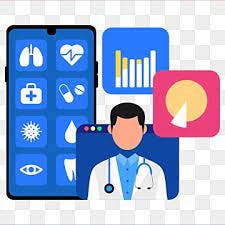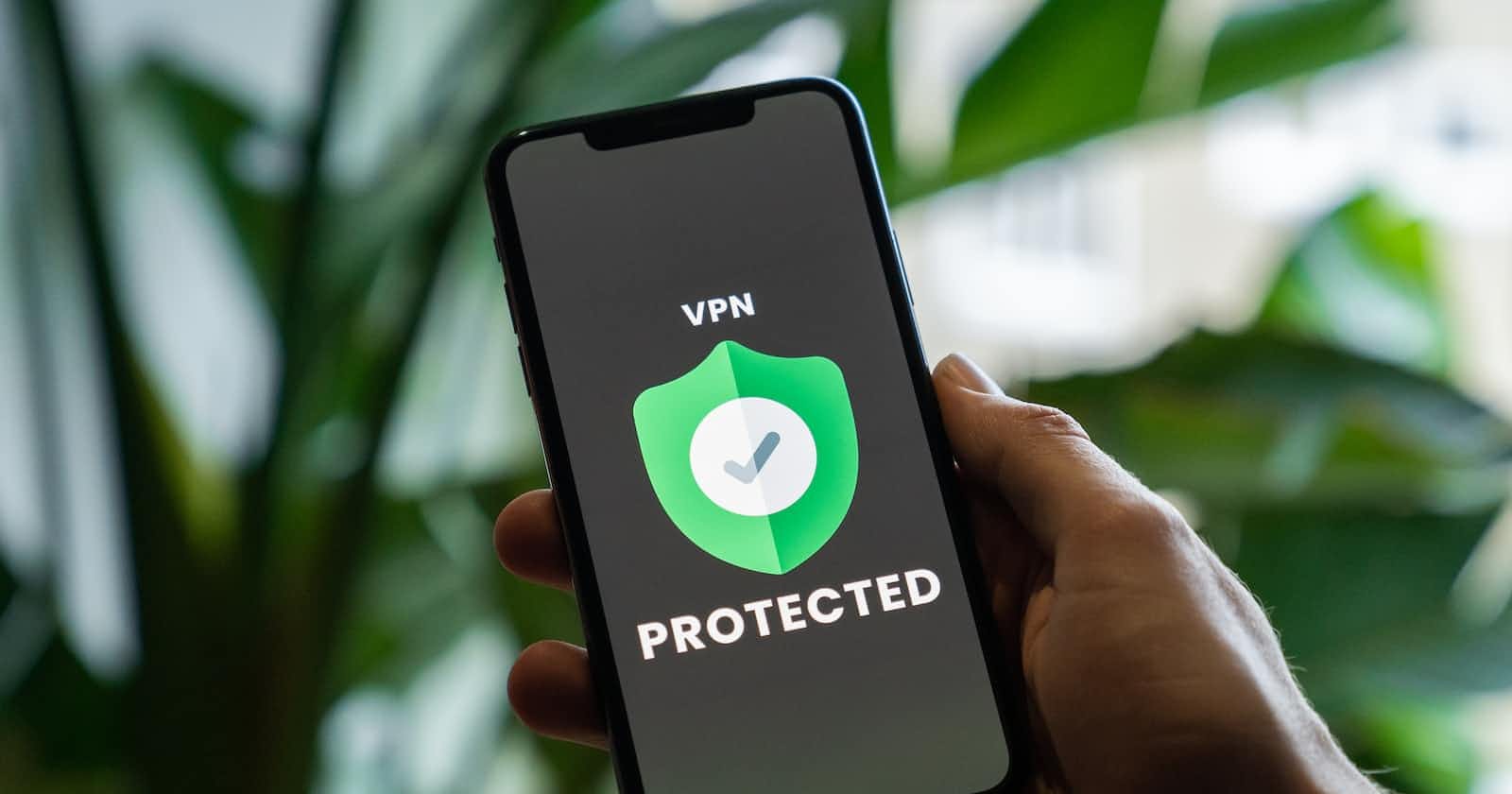
Photo by Privecstasy on Unsplash
Ethics of Data Collection and Privacy in the Digital Age: A Developer's Perspective
Privacy is not a luxury that we can choose to give up, it is a fundamental human right that we must prioritize and protect in the digital age
In the digital age, data collection and privacy have become hot-button issues. As technology continues to advance, companies and governments are collecting more personal data than ever before. As developers, we have a responsibility to consider the ethics of data collection and privacy in the digital age. With so much personal data being collected by companies and governments, we must ensure this data is being handled ethically and securely.
When building applications, we must be mindful of the information we are collecting from our users and ensure that we are only collecting what is necessary for the app's intended purpose. We should also take measures to protect this data, such as using encryption, implementing access controls, and regularly testing our systems for vulnerabilities.
But it's not just developers who have a role to play in this. Companies and governments must also be held accountable for the way they collect and use personal data. We've seen too many examples of data breaches and misuse of personal information, which can have severe consequences for individuals and society as a whole.
Testimonials Supporting the Importance of Ethical Data Collection and Privacy
Here are some examples, data, and testimonials that support the importance of ethical data collection and privacy in the digital age:
In 2020, Zoom faced backlash for sharing user data with Facebook without users' explicit consent, highlighting the importance of transparent data collection practices. After the incident, Zoom updated its privacy policy and added new security features to prioritize user privacy.

According to a study by Pew Research Center, 79% of Americans are concerned about the way their data is being used by companies. This highlights the need for developers to prioritize user privacy and transparency.
Apple's CEO, Tim Cook, has emphasized the importance of user privacy and ethical data collection practices, stating, "Privacy is a fundamental human right."

In 2018, the General Data Protection Regulation (GDPR) was implemented in the European Union, strengthening privacy regulations and requiring companies to obtain explicit user consent for data collection. This highlights the growing importance of ethical data collection practices and the need for developers to prioritize user privacy.
The Electronic Frontier Foundation (EFF), a non-profit organization that advocates for digital privacy and civil liberties, recommends that developers prioritize privacy by using encryption, implementing access controls, and regularly testing systems for vulnerabilities.
By implementing ethical data collection practices and prioritizing user privacy, developers can build trust with their users and create more positive user experiences. This can lead to increased user retention, positive reviews, and ultimately, more significant success for their products.
Case study

Imagine a health app that collects personal information from its users, such as their medical history and daily habits. This app provides users with personalized recommendations for improving their health, such as exercise routines, diet plans, and sleep schedules.
As a developer of this app, it's crucial to consider the ethical implications of collecting such sensitive information from users. First and foremost, we must ensure that the data is collected only with the user's explicit consent and is kept secure and private. This means using encryption, and access controls, and regularly testing our systems for vulnerabilities to prevent data breaches.
Furthermore, we must be transparent with our users about our data collection practices and provide them with clear information on how their data will be used. It's essential to seek feedback from users and respect their preferences regarding the collection, use, and sharing of their personal information.
To take it a step further, we could also consider implementing features that allow users to control their data actively. For instance, providing options for users to delete or export their data, or even allowing them to choose which specific data points they wish to share with the app.
By building a health app that prioritizes user privacy and ethical data collection practices, we can build trust with our users and demonstrate our commitment to protecting their personal information. Ultimately, this will help us create a more positive impact on users' lives while also complying with legal and ethical responsibilities.
Responsibility of Developers in Protecting User Data
As a developer, I believe that it's our responsibility to build applications that respect users' privacy and are transparent about how their data is being used. We should also advocate for stronger privacy laws and regulations to protect our users' rights. By advocating for stronger privacy regulations, we can help ensure that data collection and privacy are handled ethically and responsibly.
To ensure that we are doing our part in protecting user data, we should regularly review our data collection practices and seek feedback from our users. By doing this, we can ensure that we are collecting only the data we need and using it in a way that aligns with our users' expectations.
How can Developers Protect User Data
Developers can protect user data by implementing various measures that prioritize user privacy and secure data collection and storage. Here are some ways developers can protect user data:
Obtain Explicit User Consent: Developers should obtain explicit user consent before collecting any personal information. Users should be informed about the type of data that will be collected, how it will be used, and who it will be shared with.
Implement Encryption: Encryption is a critical component of protecting user data. Developers should use end-to-end encryption to secure user data during transmission and storage.
Use Access Controls: Developers should implement access controls to ensure that only authorized personnel can access user data. This includes using strong passwords, two-factor authentication, and limiting access to sensitive data.
Regularly Test for Vulnerabilities: Developers should regularly test their systems for vulnerabilities and take steps to fix any issues promptly.
Be Transparent: Developers should be transparent about their data collection and privacy practices. This includes providing clear and concise privacy policies and allowing users to control their data.
Minimize Data Collection: Developers should only collect data that is necessary for the app's function. The less data collected, the fewer data there is to secure and the less risk of a data breach.
By prioritizing user privacy and implementing these measures, developers can protect user data and build trust with their users. Ultimately, this will lead to a more positive user experience and a more successful product.
Conclusion
In conclusion, as developers, we have a significant role to play in ensuring that data collection and privacy are handled ethically in the digital age. By taking a proactive approach to data protection and advocating for stronger privacy regulations, we can build a better, safer digital world for everyone.

